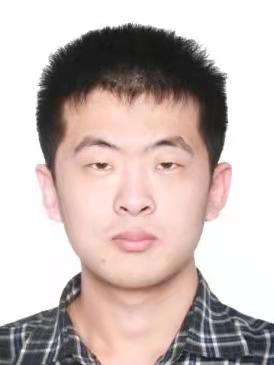Logic Event Graph Enhanced Narrative Generation
Published in CSCWD, 2023
Recommended citation: Caiyan Li, Lizhen Cui, Yonghui Xu, Ning Liu. Logic Event Graph Enhanced Narrative Generation, 2023 26th International Conference on Computer Supported Cooperative Work in Design (CSCWD), Rio de Janeiro, Brazil, 2023, pp. 181-186, doi: 10.1109/CSCWD57460.2023.10152623. https://ieeexplore.ieee.org/document/10152623
Narrative generation aims at producing fluent long texts from input data, which is widely used in event prediction, story generation and other fields. Previous work mainly relied on text data, picture data, knowledge graphs, etc. Unfortunately, these static data only focused on entities and their relationships, cannot reflect the dynamic development of events in the real world. In addition, because the language model itself does not have the ability of logical reasoning, the generated results often lack logical reasoning. To address these challenges, several studies incorporate logic event graphs into the task of narrative generation. The Logic Event Graph(LEG) is essentially an event logic knowledge base, which describes the event evolution law and development modes. With the help of the LEG, the narrative generation system will acquire the human “reasoning” ability, and generate narratives that better reflect the objective evolution laws of human behaviors and events. While significant research has been conducted in these areas, gaps in the surveying literature still exist. In this survey, we—(1)analyze the context of narrative generation; (2)discuss the advantages of joining the LEG in narrative generate; (3)review common strategies in narrative generation; (4)summarize the evaluation metricse of narrative generate, and the advantages and disadvantages of each evaluation metrics are discussed; (5)present current challenges and future research directions. This survey can guide researchers and practitioners to understand the research progress in these areas.
